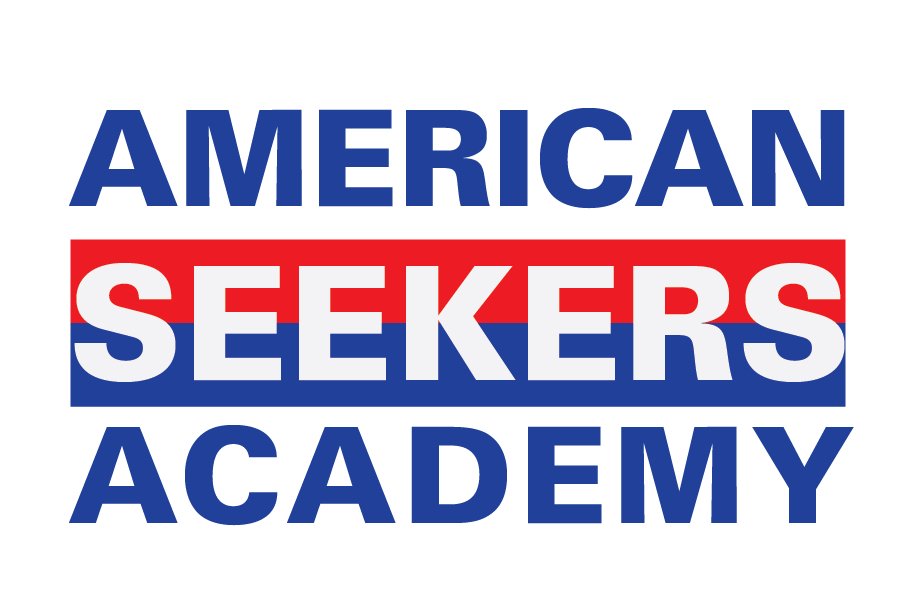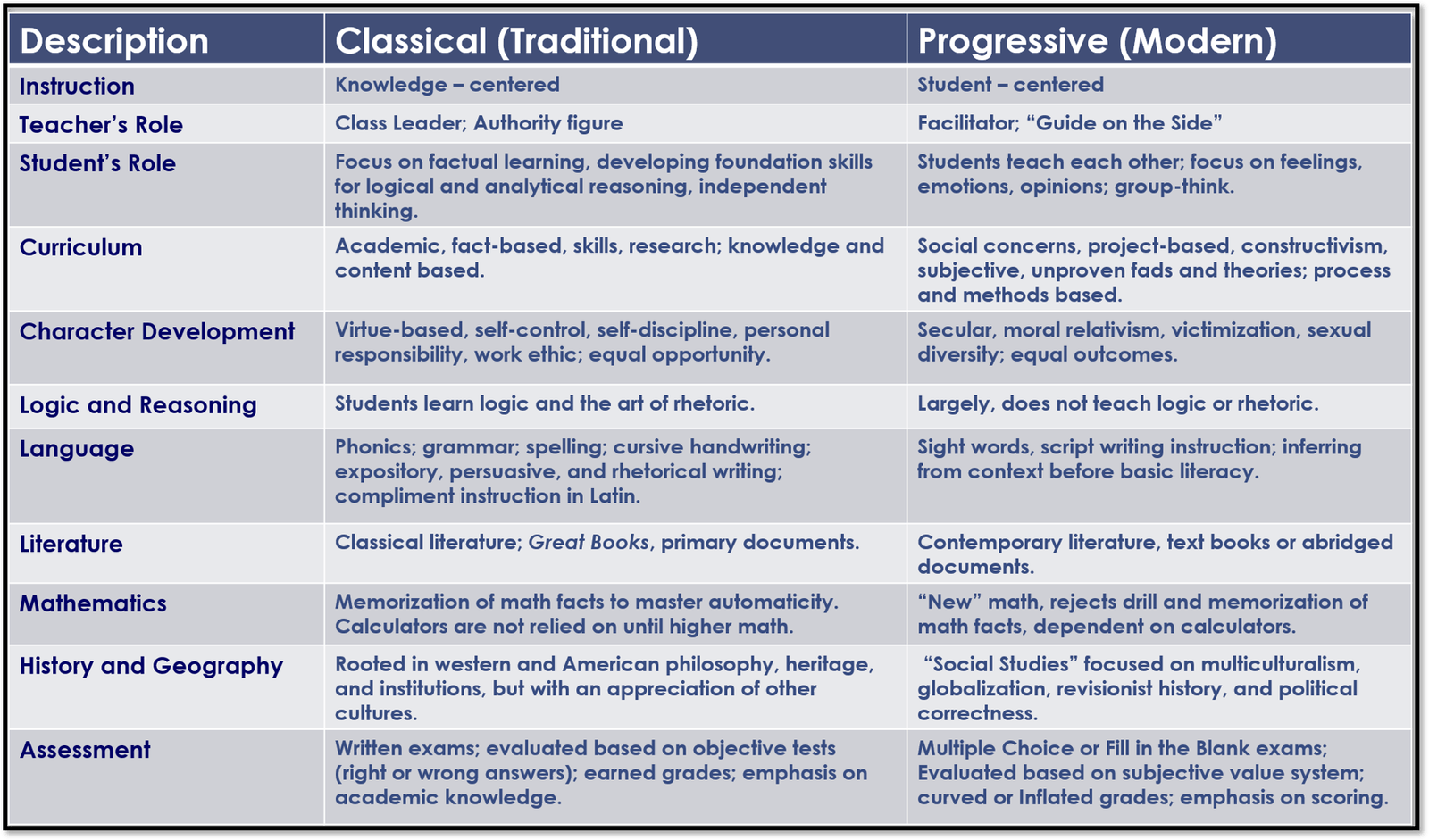Classical Education vs. Common Core
Education is a crucial aspect of societal development, shaping the minds of the next generation. In recent years, discussions about educational approaches have intensified, with classical education and Common Core standing at the forefront of debates. Moreover, the introduction of gender ideology in schools has sparked controversy, with some considering it a mental disorder. This article seeks to examine the differences between classical and Common Core education, focusing on the emergence of gender ideology in the educational landscape.
Classical Education:
Classical education is rooted in the traditions of Western civilization, emphasizing the study of classical literature, history, philosophy, and languages. This educational approach aims to cultivate critical thinking, virtue, and a deep understanding of the humanities. Proponents argue that classical education provides a well-rounded foundation, fostering intellectual and moral development.
Common Core Education:
In contrast, Common Core represents a set of academic standards developed to standardize education across the United States. It emphasizes a more uniform curriculum, with a focus on math and English language arts. Advocates argue that Common Core prepares students for the demands of the modern workforce, promoting consistency and accountability across schools.
The Emergence of Gender Ideology:
One of the contentious issues in contemporary education is the integration of gender ideology into school curricula. The article “Gender Ideology Harms Children,” published on the HPR Web, asserts that the promotion of gender ideology in schools can have harmful effects on children. It argues that encouraging non-traditional gender identities may contribute to confusion and psychological distress among students.
Gender Ideology as a Mental Disorder:
The HPR Web article draws attention to the potential mental health implications of endorsing gender ideology in educational settings. While acknowledging that individuals may experience gender dysphoria, it questions the appropriateness of promoting certain ideologies in schools. It suggests that a more nuanced and cautious approach is needed to address the mental well-being of students.
Critical Analysis:
It is essential to critically assess the claims made in the HPR Web article and consider varying perspectives on gender ideology. The mental health discourse surrounding gender identity is complex, and educators must navigate this terrain with sensitivity and inclusivity. While classical education may provide a more traditional framework, Common Core aims to adapt to the evolving needs of society.
Conclusion:
The debate between classical and Common Core education is multifaceted, encompassing issues of curriculum, teaching methodologies, and societal values. The introduction of gender ideology into schools adds another layer of complexity, prompting educators, parents, and policymakers to engage in thoughtful and informed discussions about the best approaches to education. Striking a balance between tradition and adaptation is crucial, ensuring that students receive a comprehensive education that respects their diverse identities and fosters both intellectual and emotional well-being.





